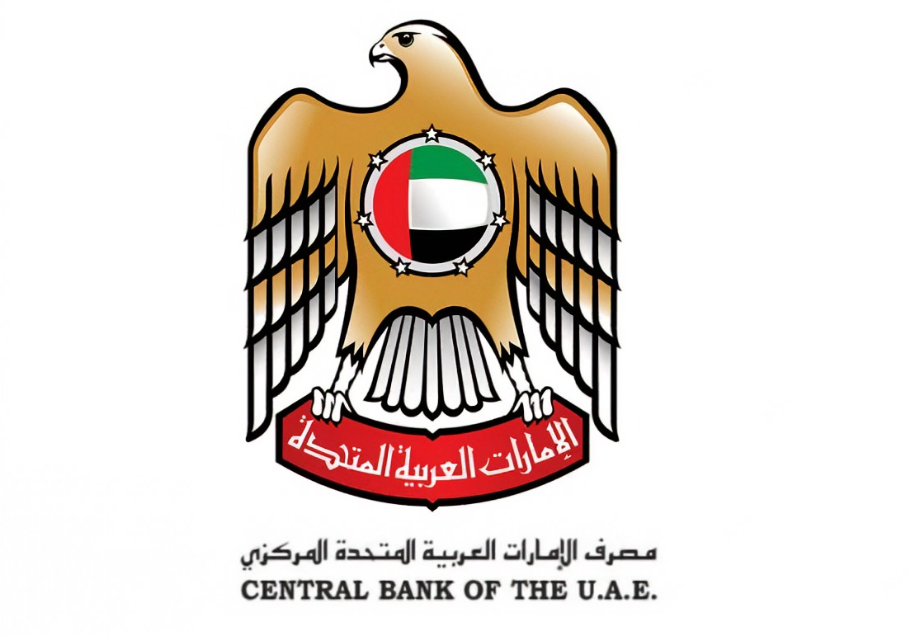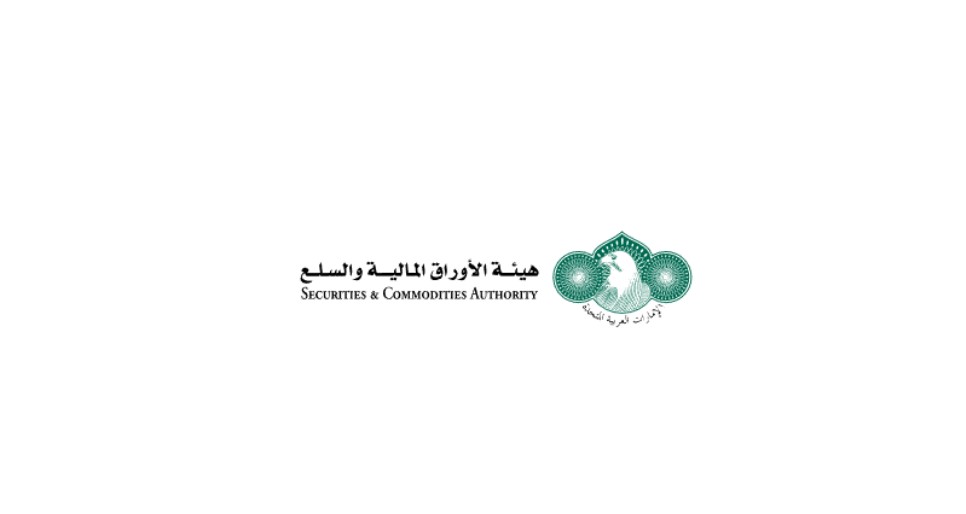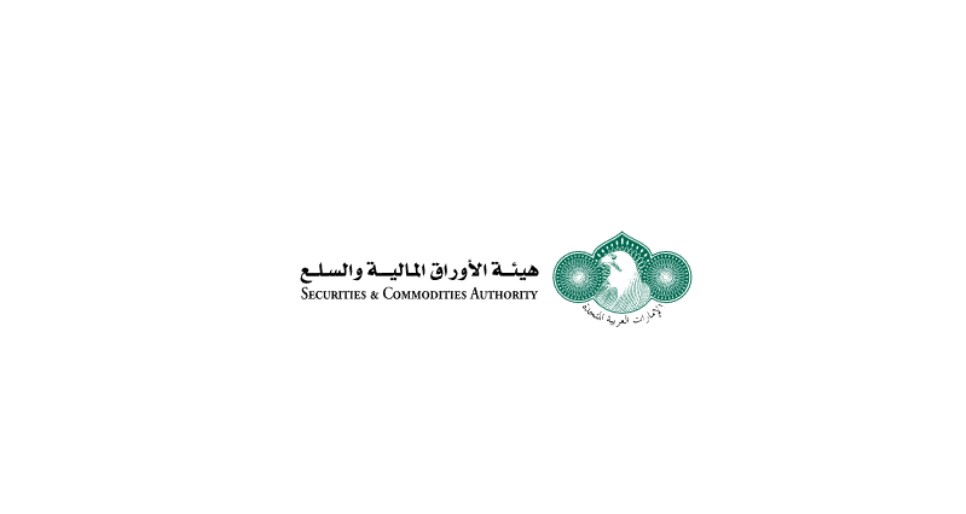SCA Enhances Higher Colleges of Technology's Students' Awareness of Anti-Financial Fraud, Money Laundering and Terrorist Financing Procedures
As part of the National Campaign to Counter Unlicensed Financial Activities, launched by the Securities and Commodities Authority (SCA) earlier this year with the aim of curbing fraudulent practices in the financial markets, the SCA hosted, as part of its efforts to promote financial literacy, a number of students from the Higher Colleges of Technology / Business Administration at its headquarters in Dubai to introduce them to the procedures for protecting against financial fraud practices, and informing them of the roles of the Supervisory Authority and its efforts in protecting investors, reducing money laundering practices and combating terrorism.
The workshop was presented by representatives of the Government Communication Department, International Organizations and the Control and Compliance Department, in the presence of a number of members of the academic and administrative staff at the Higher Colleges of Technology.
The workshop included a number of topics, including the objectives of the national campaign to confront unlicensed financial activities, its mission and media plan, topics on money laundering and terrorist financing and ways to confront them, international requirements and laws, decisions and legislation issued by the United Arab Emirates in this field.
During the workshop, the CMA noted the need to limit investment transactions in the financial markets to licensees only, and reviewed a set of awareness messages, most notably:
• The need to inform the JSC and the competent regulatory authorities as soon as it is discovered that the company calling for investment is not licensed, and the need for individuals wishing to invest to ensure that the company is licensed for the purpose in which it calls for investment, and to verify this through the Authority's website (www.sca.gov.ae) and other approved official channels.
• The need to beware of the fraud methods used by the promoters and their impersonation of real companies licensed by the regulatory authorities, fabricating forged commercial and professional documents and licenses, in addition to warning investors against dealing with any unlicensed financial activity in order to preserve their savings, ensuring that the promoted financial product is licensed for trading in the capital market in the country, verifying the compatibility of the licenses granted to licensed companies with the promoted activity/service, in addition to verifying the validity of information and documents by investors and individuals. that they receive from the promoters through the regulatory authorities and official channels before starting investing with them.
• Refrain from sharing personal data or transferring funds to any party except after verifying the validity of the information provided about it through the concerned regulatory authorities and official channels, in addition to promptly informing the competent regulatory authorities as soon as exposure to any fraud is discovered, in addition to being aware of fraudulent messages that reach individuals via e-mail, phone, and electronic platforms.
• The need for all members of the public to pay attention to their money. Beware of contacts that promise quick profits in investments with unsafe consequences, and the need to choose the type of investment appropriate to their capabilities in consultation with a licensed and trusted financial advisor.
In addition, the workshop reviewed general definitions of money laundering and terrorist financing and ways to confront them, the policy framework and requirements of internal procedures to be adhered to and applied in compliance with anti-money laundering and terrorist financing, the need for companies to develop internal policies and controls, governance framework and internal lines of defense, and explain the methodology for customer evaluation and continuous monitoring of operations. Examples of warning signals that may indicate suspicious acts in transactions and transfers were also presented, and the workshop concluded with a case study to apply what was presented.






















































First, please LoginComment After ~